Why losing Tom Petty has a craving for losing a bit of ourselves , a love prayer for him .
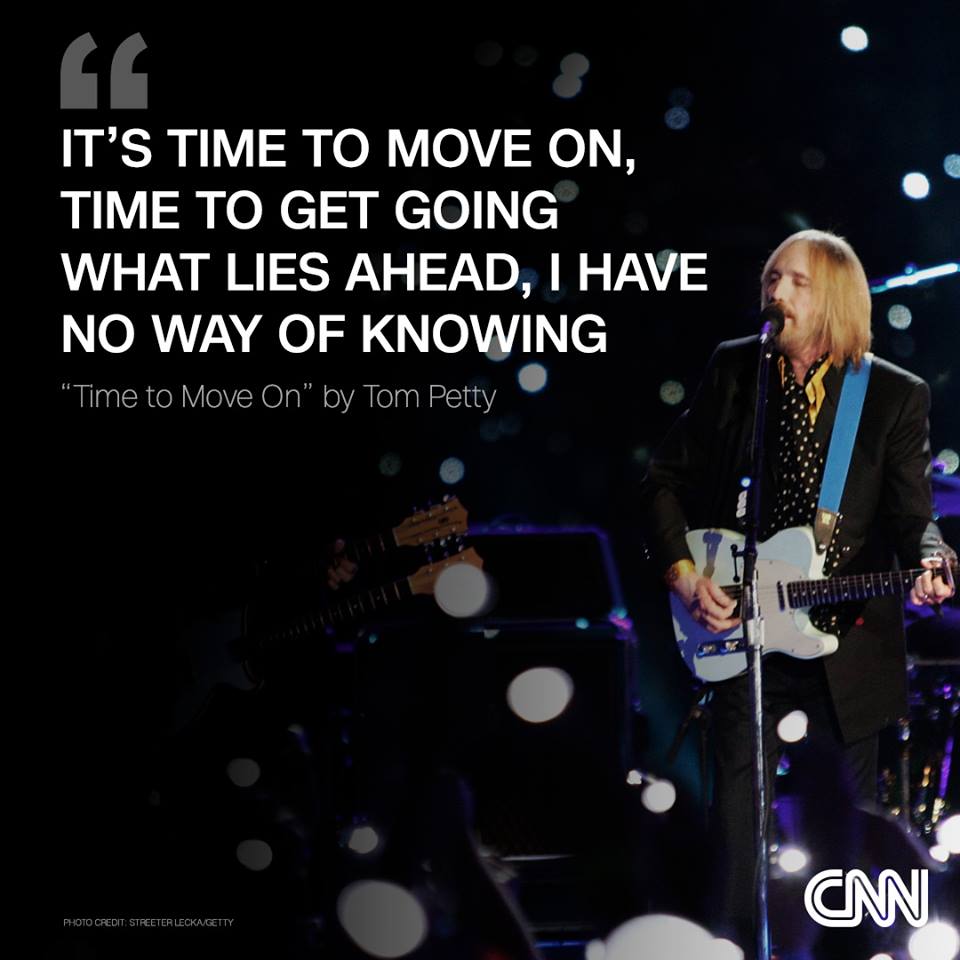 Petty, 66, died Monday when being taken to UCLA center for pathology Sunday night. His death was confirmed Monday night by his family’s spokesperson, per the la Times. The singer-songwriter lived in Malibu, Calif.
Petty, 66, died Monday when being taken to UCLA center for pathology Sunday night. His death was confirmed Monday night by his family’s spokesperson, per the la Times. The singer-songwriter lived in Malibu, Calif.
 In the wake of appearing in 1976 with a collection that included such permanent melodies as "Breakdown" and "American Girl," Petty went ahead to end up noticeably one of the more worshipped rockers of his age. He sold more than 80 million collections, many recorded with his brilliant band, the Heartbreakers. He scored just two best 10 hits, "Don't Do Me Like That" (1979) and "Free Fallin " (1989), yet those achievements scarcely allude to the expansiveness of his prosperity and impact. He was held in high regard by his associates and even a portion of the craftsmen who motivated him, eminently the Beatles' George Harrison, Bob Dylan and the Byrds' Roger McGuinn. One of his side activities was the Traveling Wilburys, which additionally included Harrison, Dylan, Roy Orbison and Jeff Lynne. He was accepted into the Rock and Roll Hall of Fame in 2002.
In the wake of appearing in 1976 with a collection that included such permanent melodies as "Breakdown" and "American Girl," Petty went ahead to end up noticeably one of the more worshipped rockers of his age. He sold more than 80 million collections, many recorded with his brilliant band, the Heartbreakers. He scored just two best 10 hits, "Don't Do Me Like That" (1979) and "Free Fallin " (1989), yet those achievements scarcely allude to the expansiveness of his prosperity and impact. He was held in high regard by his associates and even a portion of the craftsmen who motivated him, eminently the Beatles' George Harrison, Bob Dylan and the Byrds' Roger McGuinn. One of his side activities was the Traveling Wilburys, which additionally included Harrison, Dylan, Roy Orbison and Jeff Lynne. He was accepted into the Rock and Roll Hall of Fame in 2002.
 That is the manner by which generally the music of Tom Petty came to through the span of his decades-long profession, which went to a surprising close when this most all around adored of great rockers passed on at age 66 after he endured heart failure at his home in Malibu.
That is the manner by which generally the music of Tom Petty came to through the span of his decades-long profession, which went to a surprising close when this most all around adored of great rockers passed on at age 66 after he endured heart failure at his home in Malibu.
 The vocalist, guitarist and musician — who excited a huge number of fans simply a month ago in an acclaimed three-night remain at the Hollywood Bowl with his long-term backing band, the Heartbreakers — was maybe the quintessential American hero, with a notable shades-and-long-hair look, a nasal voice sublimely unsuited to some other kind and an apparently endless pack of tunes that felt just as he'd kept in touch with them to soundtrack the specifics of your life.
The vocalist, guitarist and musician — who excited a huge number of fans simply a month ago in an acclaimed three-night remain at the Hollywood Bowl with his long-term backing band, the Heartbreakers — was maybe the quintessential American hero, with a notable shades-and-long-hair look, a nasal voice sublimely unsuited to some other kind and an apparently endless pack of tunes that felt just as he'd kept in touch with them to soundtrack the specifics of your life.
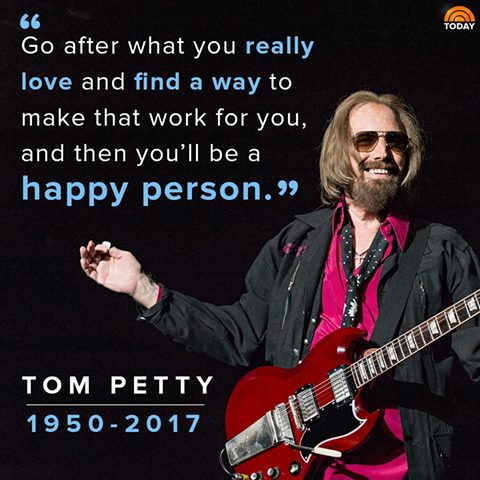 Mooched (and furthermore somewhat furious) about a separation? Prompt up "Don't Do Me Like That" or "You Got Lucky." Eager (yet in addition somewhat frightened) to set out on another experience? Attempt "Into the Great Wide Open" or "Runnin' Down a Dream."
Mooched (and furthermore somewhat furious) about a separation? Prompt up "Don't Do Me Like That" or "You Got Lucky." Eager (yet in addition somewhat frightened) to set out on another experience? Attempt "Into the Great Wide Open" or "Runnin' Down a Dream."
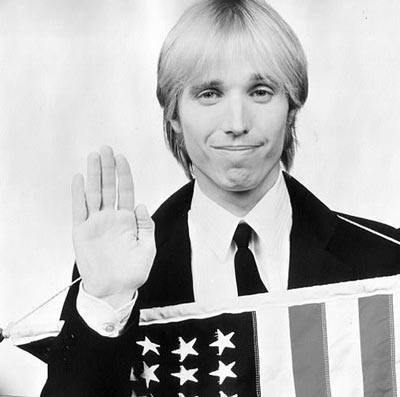 Frivolous even had a tune — an incredible one, from his stripped-down 1994 solo collection "Wildflowers" — about the fact that it is so difficult to disclose your emotions to someone else, in spite of the way that that is unequivocally what his music improved the situation a differing group of onlookers that crossed ages and enveloped people from different strolls of life.
In his run of the mill candid form, he called the tune "You Don't Know How It Feels." Brought up in Florida, where he began with the band Mudcrutch, Petty didn't take long to hit his walk after he moved to Los Angeles in the mid-1970s and relaunched Mudcrutch as Tom Petty and the Heartbreakers.
Frivolous even had a tune — an incredible one, from his stripped-down 1994 solo collection "Wildflowers" — about the fact that it is so difficult to disclose your emotions to someone else, in spite of the way that that is unequivocally what his music improved the situation a differing group of onlookers that crossed ages and enveloped people from different strolls of life.
In his run of the mill candid form, he called the tune "You Don't Know How It Feels." Brought up in Florida, where he began with the band Mudcrutch, Petty didn't take long to hit his walk after he moved to Los Angeles in the mid-1970s and relaunched Mudcrutch as Tom Petty and the Heartbreakers.
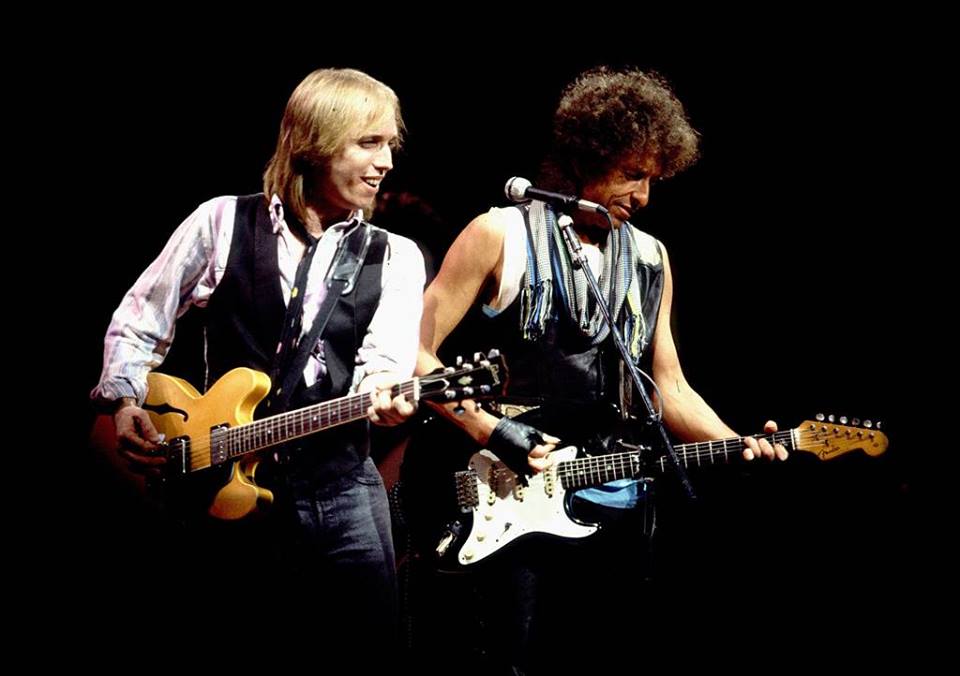 The gathering's self-titled introduction, discharged in 1976, contained two of his most continuing melodies in "American Girl" and "Breakdown," both of which displayed his capacity to combine the music of his persuasions — from Little Richard to Elvis Presley to the Beatles to Johnny Cash — in unique material as appealing as it was candidly clear.
The gathering's self-titled introduction, discharged in 1976, contained two of his most continuing melodies in "American Girl" and "Breakdown," both of which displayed his capacity to combine the music of his persuasions — from Little Richard to Elvis Presley to the Beatles to Johnny Cash — in unique material as appealing as it was candidly clear.
"She was an American young lady raised on guarantees," he sang over an anxious yet overwhelming furrow, "She couldn't resist suspecting that there was somewhat more life elsewhere."
After three years, the Heartbreakers discovered business accomplishment to coordinate their simple amiability with 1979's "Damn the Torpedoes," which sold millions and brought forth extra shake radio staples like "Evacuee" and "Don't Do Me Like That." Insignificant himself turned into a sharp-highlighted heartthrob in 1981 when he duetted with Stevie Nicks of Fleetwood Mac in "Stop Draggin' My Heart Around," a tune Nicks broadly swiped from Petty for her initially solo collection, "Bella Donna."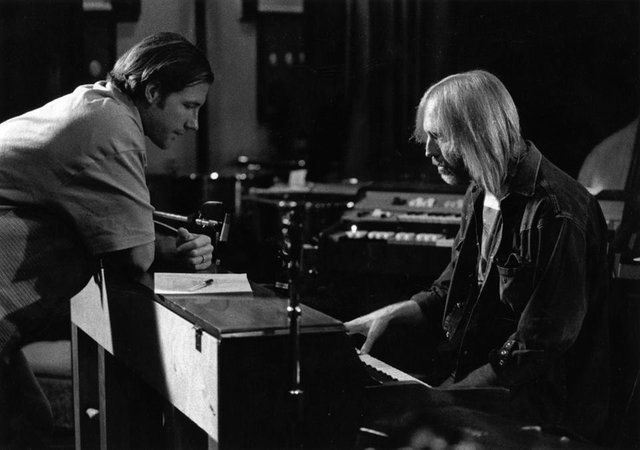 However in the event that Petty consumed brilliant from the earliest starting point, he kept up a consistency throughout the following couple of decades that made him the envy of even his objects of worship — a few of whom, including Bob Dylan and George Harrison, he participated in the late-'80s supergroup the Traveling Wilburys.
His proceeded with importance got to a limited extent from Petty's office for the then-rising craft of music video; a portion of the artist's extravagantly planned clasps, for example, those for "Don't Come Around Here No More" (an unpleasant riff on "Alice in Wonderland") and "Free Fallin'" (with its swooping crane shot over Ventura Boulevard) are still among the most unmistakable of the MTV time.
However in the event that Petty consumed brilliant from the earliest starting point, he kept up a consistency throughout the following couple of decades that made him the envy of even his objects of worship — a few of whom, including Bob Dylan and George Harrison, he participated in the late-'80s supergroup the Traveling Wilburys.
His proceeded with importance got to a limited extent from Petty's office for the then-rising craft of music video; a portion of the artist's extravagantly planned clasps, for example, those for "Don't Come Around Here No More" (an unpleasant riff on "Alice in Wonderland") and "Free Fallin'" (with its swooping crane shot over Ventura Boulevard) are still among the most unmistakable of the MTV time.
He additionally knew how to adjust his music to mirror the moving sound of shake, regardless of whether it was stressing Benmont Tench's ghostly synth lick in "You Got Lucky" or building "Mary Jane's Last Dance" around a substantial, low-threw beat (and a wily weed reference) that felt like an old-clock's gesture to the ascent of another imperative L.A. performer, Dr. Dre.
Significantly, however, those updates of the Heartbreakers' style never put on a show of being frantic or sharp. Similarly that he could expound on California without estranging audience members somewhere else — think about the innumerable Midwesterners who've lifted brews as they sing about "every one of the vampires strolling through the Valley" — Petty reserved in new audience members while clutching his center.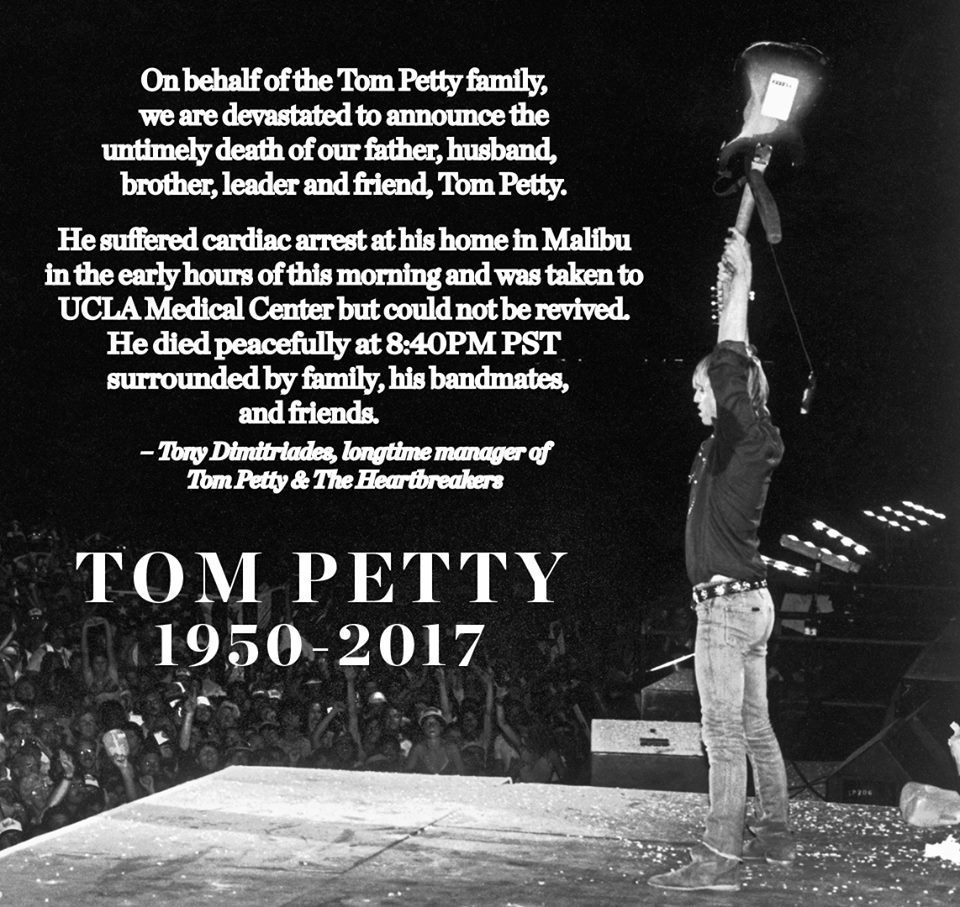 At June's Arroyo Seco Weekend celebration in Pasadena, which he featured, Petty played to a group obviously loaded with individuals who'd found him at various focuses. However no one's excitement came to the detriment of anyone else's; fans had their top picks, yet they'd come to hear it all — including new stuff.
Trivial's spell at the Bowl wrapped up a long visit intended to praise the Heartbreakers' 40 years together. Yet, notwithstanding the works of art he did each night, Petty routinely played "Overlooked Man," an uproarious representation of a person in torment from his latest collection, 2014's "Entrancing Eye." It was only one of the clear tunes Petty composed and recorded a very long time after numerous in his position would've quit hunting down motivation.
At June's Arroyo Seco Weekend celebration in Pasadena, which he featured, Petty played to a group obviously loaded with individuals who'd found him at various focuses. However no one's excitement came to the detriment of anyone else's; fans had their top picks, yet they'd come to hear it all — including new stuff.
Trivial's spell at the Bowl wrapped up a long visit intended to praise the Heartbreakers' 40 years together. Yet, notwithstanding the works of art he did each night, Petty routinely played "Overlooked Man," an uproarious representation of a person in torment from his latest collection, 2014's "Entrancing Eye." It was only one of the clear tunes Petty composed and recorded a very long time after numerous in his position would've quit hunting down motivation.
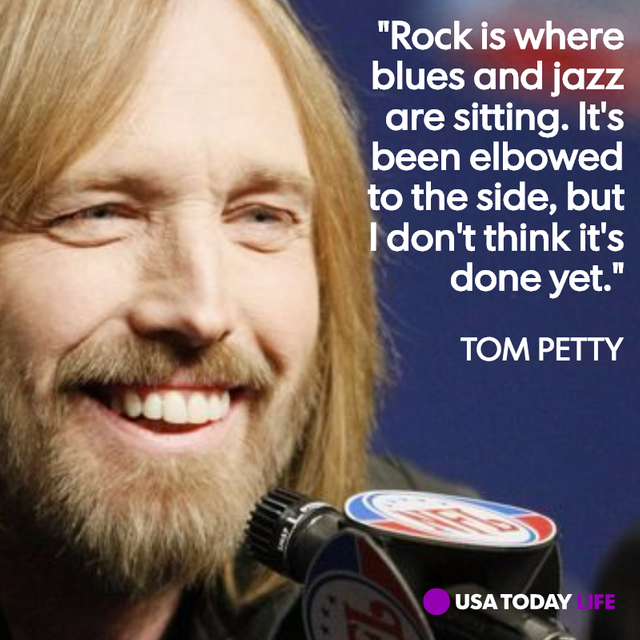 For sure, Petty's numerous admirers long back secured his status as an impact about comparable to those he gazed upward to.
Indeed, even Sam Smith, the grumpy English soul artist, modified the written work credits for his Grammy-winning "Remain With Me" to mirror the tune's obligation to Petty's supple tune from "I Won't Back Down." (Petty himself had been blamed before for cribbing from the Jayhawks and the Replacements.)
For sure, Petty's numerous admirers long back secured his status as an impact about comparable to those he gazed upward to.
Indeed, even Sam Smith, the grumpy English soul artist, modified the written work credits for his Grammy-winning "Remain With Me" to mirror the tune's obligation to Petty's supple tune from "I Won't Back Down." (Petty himself had been blamed before for cribbing from the Jayhawks and the Replacements.)
On his site at the season of the Smith episode, Petty struck an easy-going tone with respect to what he called the more youthful vocalist's "melodic mishap."
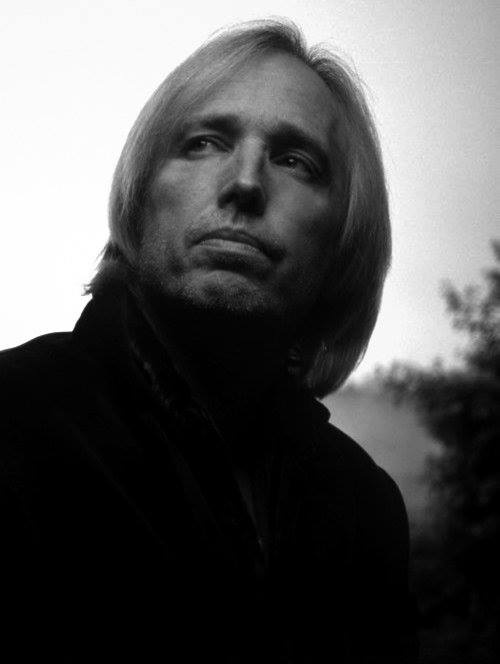
"Every one of my times of songwriting have demonstrated to me these things happen," he composed, and it was anything but difficult to trust Petty held no hostility. More than most, he comprehended that the estimation of a tune lies in how far it voyages.